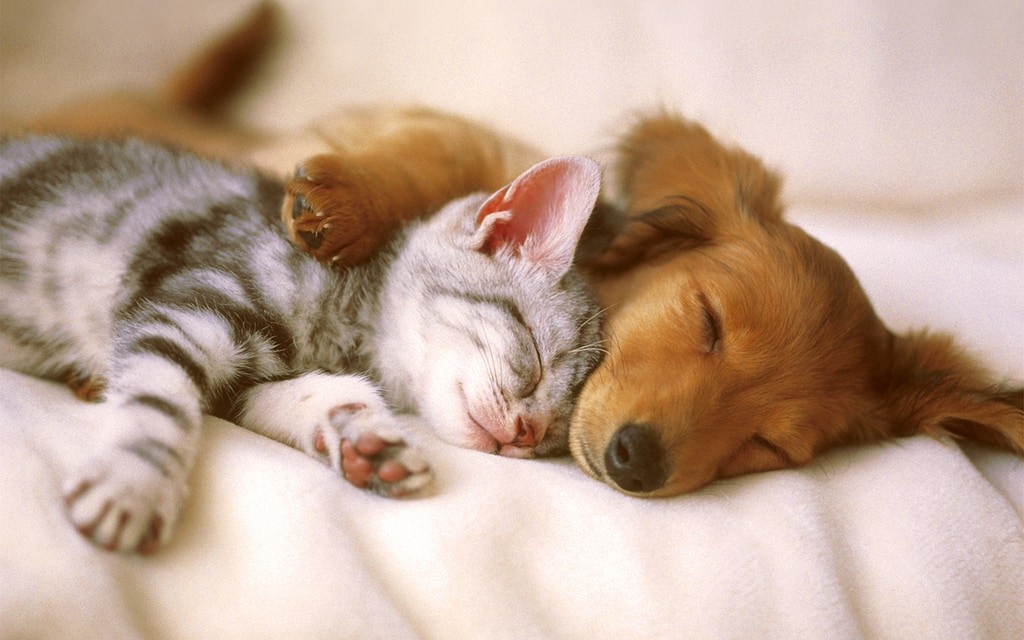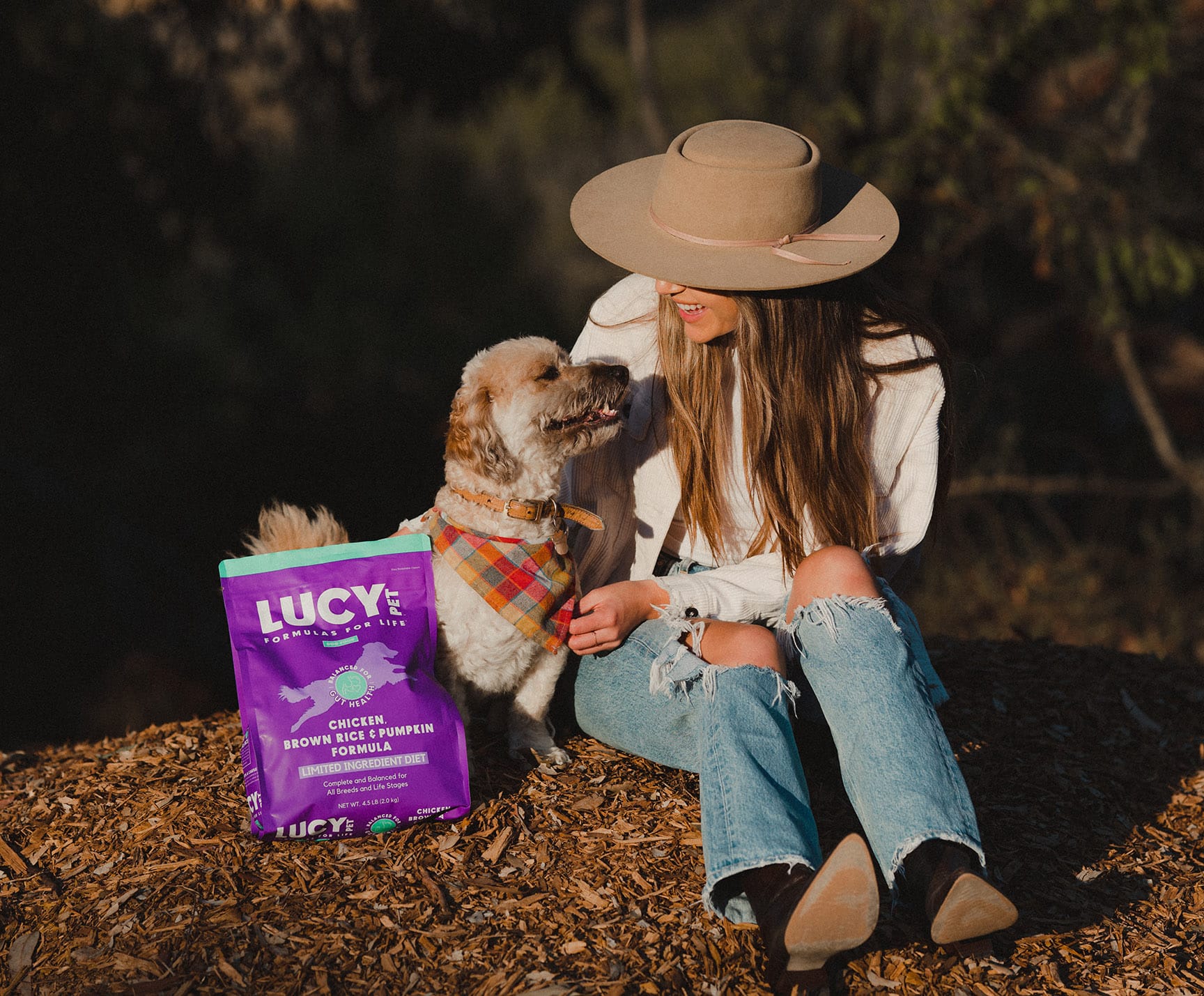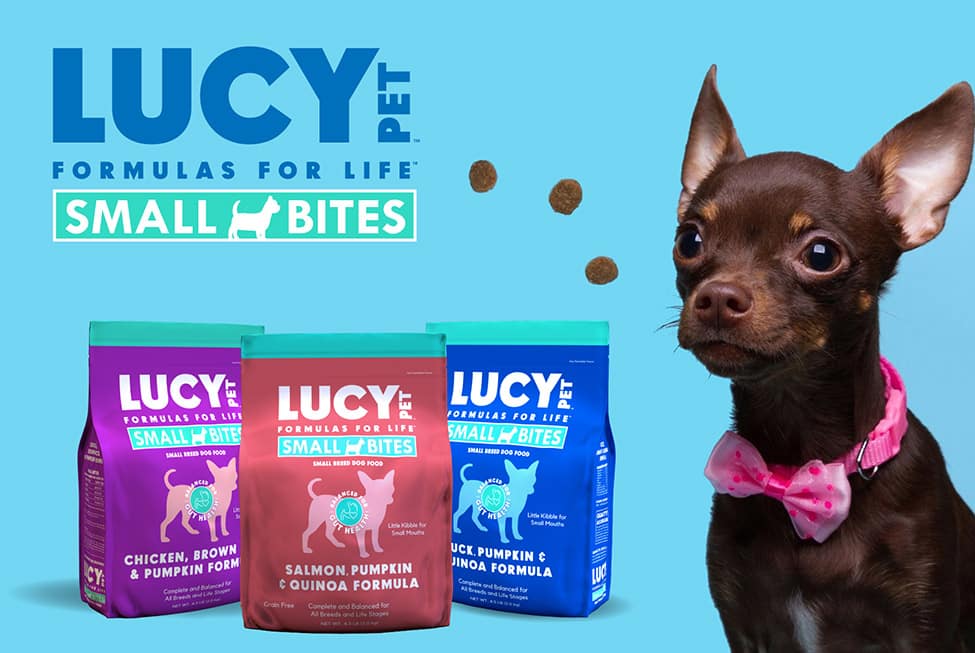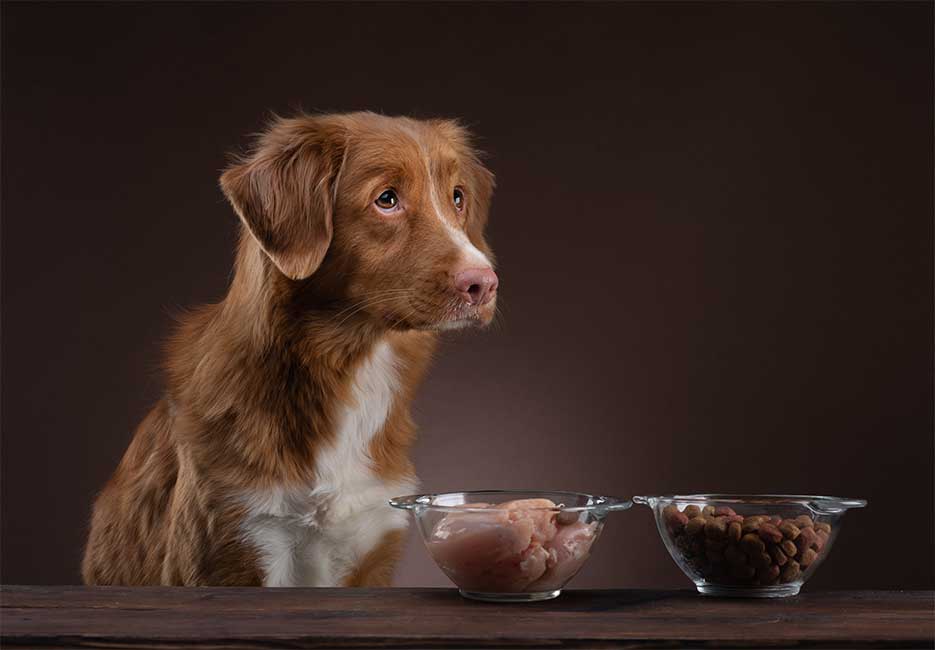 We all love our pets and want them to live a long healthy life. There are many things we can do as pet parents to give our furry friends the best opportunity to thrive. Maintaining a strong immune system is considered to be critical in helping dogs and cats quickly and effectively fight diseases or viruses. Scientists believe it is possible to improve the strength of the immune system and how it functions. But what is the immune system exactly?
We all love our pets and want them to live a long healthy life. There are many things we can do as pet parents to give our furry friends the best opportunity to thrive. Maintaining a strong immune system is considered to be critical in helping dogs and cats quickly and effectively fight diseases or viruses. Scientists believe it is possible to improve the strength of the immune system and how it functions. But what is the immune system exactly?If you want a bit more in-depth understanding, the immune system has two parts: the innate immune system and the adaptive immune system.
- The innate immune system is considered to be the first line of defense for the body. It is designed to keep all the “bad stuff” out. It is called “nonadaptive”, which means that while the body has repeated exposure to foreign substances, it will continue to fight them.The components include the skin, stomach acid, the respiratory system’s mucous, and specific natural chemicals within saliva. The body also has types of cells whose role is to kill/eat basically eat anything the body views as foreign. These cells are called phagocytes, monocytes, and macrophages.
- The adaptive immune system defends against specific foreign invaders and develops a memory of the various invaders they encounter. It reacts to antigen molecules and uses antibodies and cell immunity to purge your pet’s body of unwelcome foreign substances.
- Feed the best nutrition (Choose a high quality complete & balanced food made with natural ingredients, using quality proteins, fibers, fats and carbohydrates that contain prebiotics, antioxidants & guaranteed omega levels.) Your local pet specialty store usually has the best selection of high quality foods, instead of the grocery store or mega discount stores. We recommend Lucy Pet Formulas for Life™ with P.B.F. Prebiotic Balanced Fiber™.
- Regular Exercise (Keep your dog and cat healthy through regular exercise. Long walks, freestyle running at a park, indoor play with toys, etc.)
- Limit Unnecessary Stress (Allow your pet to eat in peace, have areas of the home they view as their own safe space, etc.)
- Cleanliness– Avoid unnecessary germs at home and in public places. (Wash food bowls regularly, clean their bedding, and toys. For cats, be sure to keep the litter box clean, and limit exposure to ammonia that can form. We recommend using Lucy Pet Cats Incredible litter because it stops ammonia from forming). Be aware of where you take them in public to avoid unsanitary places where they could come into contact with toxins, poisons, dead animals, birds, etc.
- Regular Grooming & Body Assessment (Groom your pet regularly to keep them clean . This includes rubbing your pet’s body from head to tail to look for any changes in skin or bumps.)
- Healthy Weight (Never let your dog or cat become obese. This puts enormous strain on the body and its organs.)
- Pest Control (Be sure to use a flea and tick control product to ensure your pet does not have infections from bug bites.)
- Dental Hygiene (Brush your pet’s teeth regularly. Oral hygiene is important because as your pet ages, gum disease and tooth decay can lead to a variety of serious health issues.)
- Regular Vet Visits & Check Ups (Your veterinarian is a professional who can assess your pet’s health and perform a wellness check )
- Beware of Chemicals & Cleaners Be mindful of what chemicals you use in and around your home. Pesticides, cleaners, soaps, etc.can be harmful when ingested. When you use dangerous chemicals, ensure your pet is kept away from these areas and have the rooms well ventilated. Your pet has smaller lungs than you and is more susceptible to the harmful effects of breathing in chemicals. Consider too, that if your pet walks on a wet floor recently cleaned with a strong chemical or treated with a pest control, they will lick their paws out of instinct, and therefore ingest those harmful chemicals. As a general rule, strive to never expose your pet to strong harsh chemicals, cleaners or pesticides.





